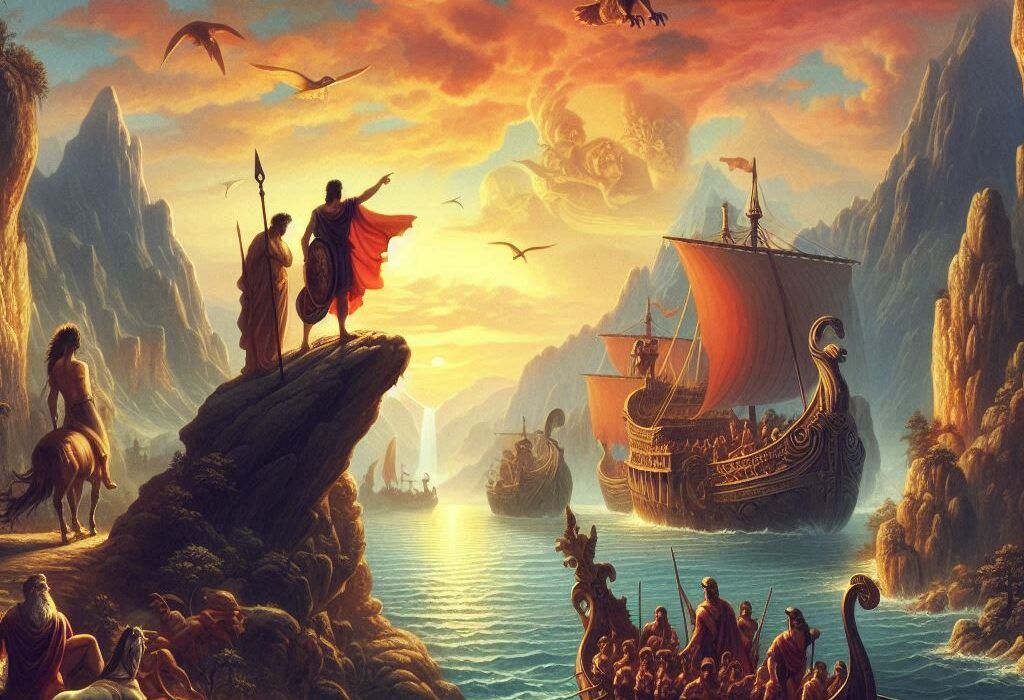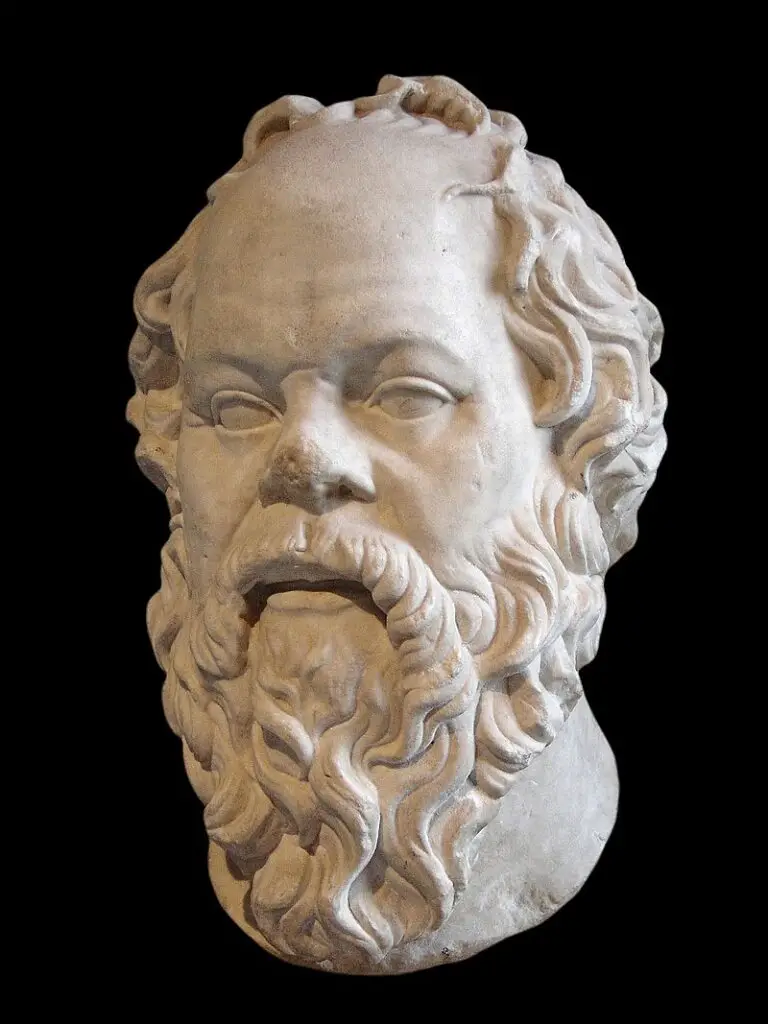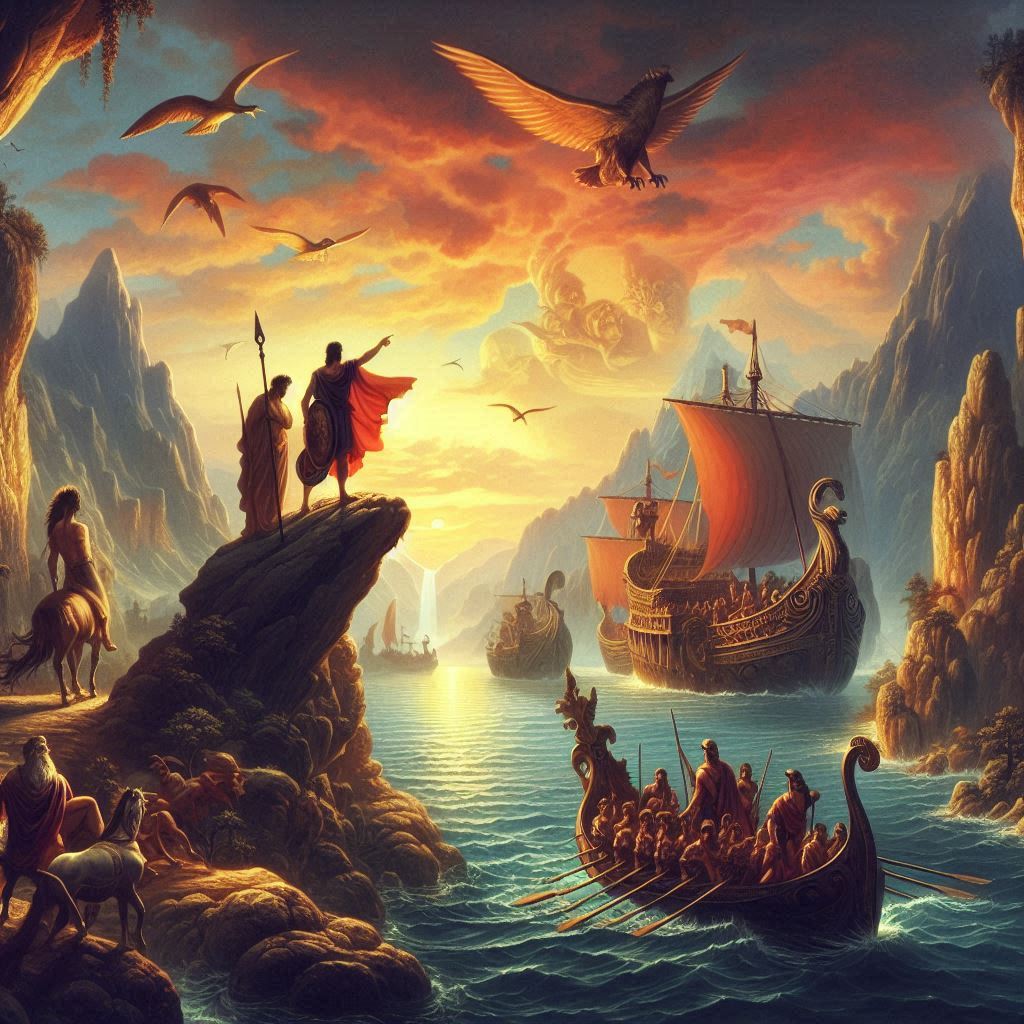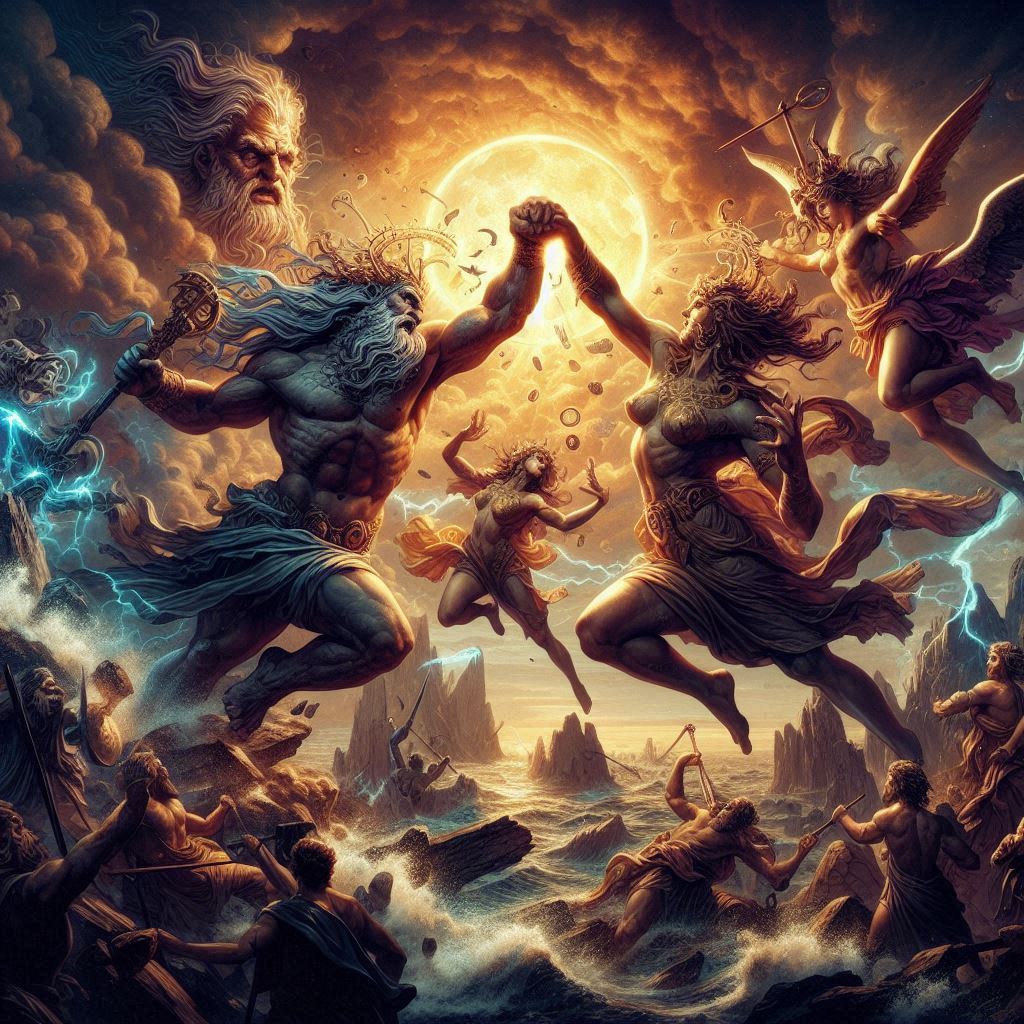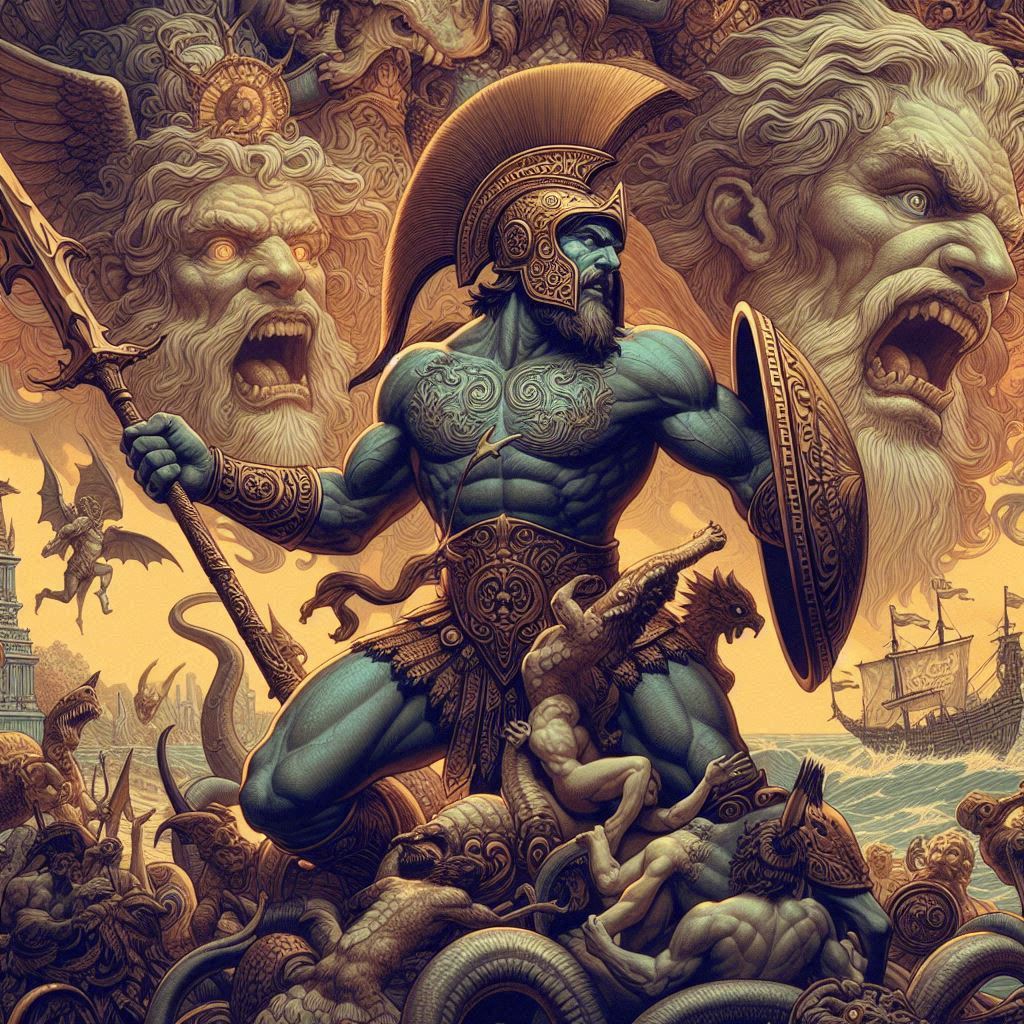The epic tale of Odysseus, as recounted in Homer’s “Odyssey,” is a timeless narrative of adventure, perseverance, and the human spirit’s triumph over adversity. Odysseus, the cunning and resourceful hero of Greek mythology, embarks on a perilous journey home to Ithaca after the conclusion of the Trojan War, facing a series of trials, temptations, and supernatural challenges along the way. His odyssey, spanning ten years, is a testament to the resilience, wit, and courage required to navigate the complexities of the ancient Greek world and the whims of the gods.
The story of Odysseus begins with his departure from Troy, where he played a crucial role in the Greek victory through his ingenuity and strategic prowess. However, his journey home is fraught with obstacles and setbacks, starting with his encounter with the Cyclops Polyphemus, a one-eyed giant who traps Odysseus and his men in his cave. Through clever deception and cunning, Odysseus blinds Polyphemus and escapes, earning the enmity of the Cyclops and setting the stage for further trials.
One of the central themes of Odysseus’s adventures is the interplay between mortal agency and divine intervention, as the gods of Olympus, particularly Poseidon and Athena, influence his fate and journey. Poseidon, angered by Odysseus’s actions against Polyphemus, hinders his progress at sea, causing storms and shipwrecks that delay his return to Ithaca. Meanwhile, Athena, the goddess of wisdom and warfare, acts as Odysseus’s protector and ally, offering guidance and assistance throughout his odyssey.
The encounters and challenges faced by Odysseus during his journey home are diverse and multifaceted, reflecting the complexities of the ancient Greek world and its mythical inhabitants. From the seductive allure of the Lotus-Eaters, who tempt Odysseus’s men with the promise of forgetfulness and complacency, to the enchantress Circe, who transforms Odysseus’s crew into swine, each episode in the “Odyssey” showcases Odysseus’s intelligence, resilience, and leadership.
One of the most famous episodes in Odysseus’s journey is his encounter with the Sirens, mythical creatures whose enchanting songs lure sailors to their doom. Aware of the danger, Odysseus orders his men to plug their ears with beeswax to resist the Sirens’ song, while he himself, curious to hear the music, instructs his crew to bind him to the mast of his ship. This episode exemplifies Odysseus’s cunning and self-control, as he navigates the allure of temptation while safeguarding his crew from harm.
Another iconic challenge faced by Odysseus is his journey to the underworld, where he seeks guidance from the blind prophet Tiresias on how to appease the gods and reach Ithaca. In the realm of the dead, Odysseus encounters the shades of famous figures from Greek mythology, including Achilles, Agamemnon, and his own mother, gaining insights into the afterlife and the consequences of mortal actions.
Throughout his odyssey, Odysseus’s loyalty to his homeland, his family, and his crew remains unwavering, despite the trials and temptations that test his resolve. His longing for home, his wife Penelope, and his son Telemachus serves as a driving force that propels him through adversity and fuels his determination to overcome the obstacles in his path.
The climax of Odysseus’s journey comes with his return to Ithaca, where he must reclaim his kingdom from the suitors vying for Penelope’s hand and restore order to his household. Disguised as a beggar, Odysseus tests the loyalty of his servants and allies, revealing his true identity at a critical moment and confronting the suitors in a dramatic showdown. With the aid of Athena and his son Telemachus, Odysseus emerges victorious, reclaiming his throne and reuniting with Penelope in a poignant and triumphant conclusion.
The “Odyssey” is more than a tale of heroic exploits; it is a profound exploration of human nature, identity, and the quest for meaning and belonging. Odysseus’s journey embodies the universal themes of perseverance, resilience, and the search for home, resonating across cultures and generations as a timeless epic of adventure and self-discovery.
The character of Odysseus, with his complex blend of intelligence, cunning, and moral ambiguity, has inspired countless adaptations, interpretations, and artistic representations throughout history. From ancient Greek drama and poetry to modern literature, film, and television, the odyssey of Odysseus continues to captivate and inspire audiences worldwide, serving as a testament to the enduring power of myth and storytelling.
